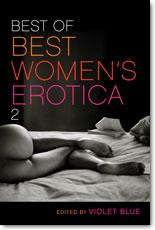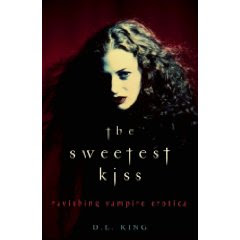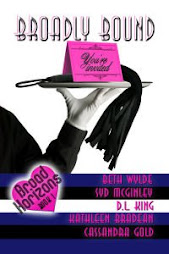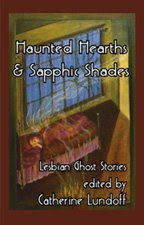I used to write whatever scene had the strongest hold on my imagination. There's a lot to be said for that. It's passion and creativity and everything flows so well. But... You have to know where your story is going, don't you? If you're an out liners and can stick to your outline, then you can freely hop from scene to scene and chapter to chapter. If you're a purely organic writer who lets characters determine the story, then you're going to end up rewriting an awful lot.
I'm of the opinion that all writing is practice and it doesn't hurt to write 30,000 words that don't make it into the final draft, but your might be horrified at the thought of wasting that much time and effort.
Now I mostly work from the beginning to the end of the novel in a linear fashion. The advantage to writing linear is that when something changes the time line, a minor character becomes a major one, or the plot gets pulled in another direction, it mostly affects what happens after that point, which is stuff I haven't written yet.
However, linear is not a hard rule for me. I've been working on a novel and was at a spot where I was waiting on some information to finish a chapter. A future scene had pretty much taken over my daydreams. It got to the point where it had such a strong grip on my imagination that the only way to exorcise it was to write it out. So I did. I know when I catch up to it in the linear timeline I'll have to rework a lot of small details. But what the heck. I had a lot of fun working on it and now it's out of my head so that I can concentrate on where I am in the linear timeline.
I do have one caveat to jumping around from scene to scene other than a warning that you may have to rewrite almost everything you've written, and that's to beware of skipping the "dull parts." If you story has dull parts that you can barely stand to write, how do you think your reader is going to slog through it? You need to examine what makes those parts of the story the dull. Do you really need those scenes? Maybe not. If you can't do away with them entirely, can you condense them or combine them with a better scene? Or can you find something about that scene to love? If, however, you're avoid scenes because they are emotionally difficult, then you need to grab your box of tissues and go for it. When you get uncomfortable, keep pushing. Don't gloss over anything. The more it makes you squirm, then better it is on the page. Come to think of it, that's true for erotic scenes too. Go figure.
Many writers I know started out writing whatever scene grabbed them, but after a couple years, they seem to have settled into linear writing. I'm not saying that's the only way or the right way to go, but I think it makes sense. It's the most efficient way to work. Then again, when you're talking about creativity, efficiency be damned. Do what ye will.
Sunday, January 13, 2008
Subscribe to:
Post Comments (Atom)















.jpg)











No comments:
Post a Comment